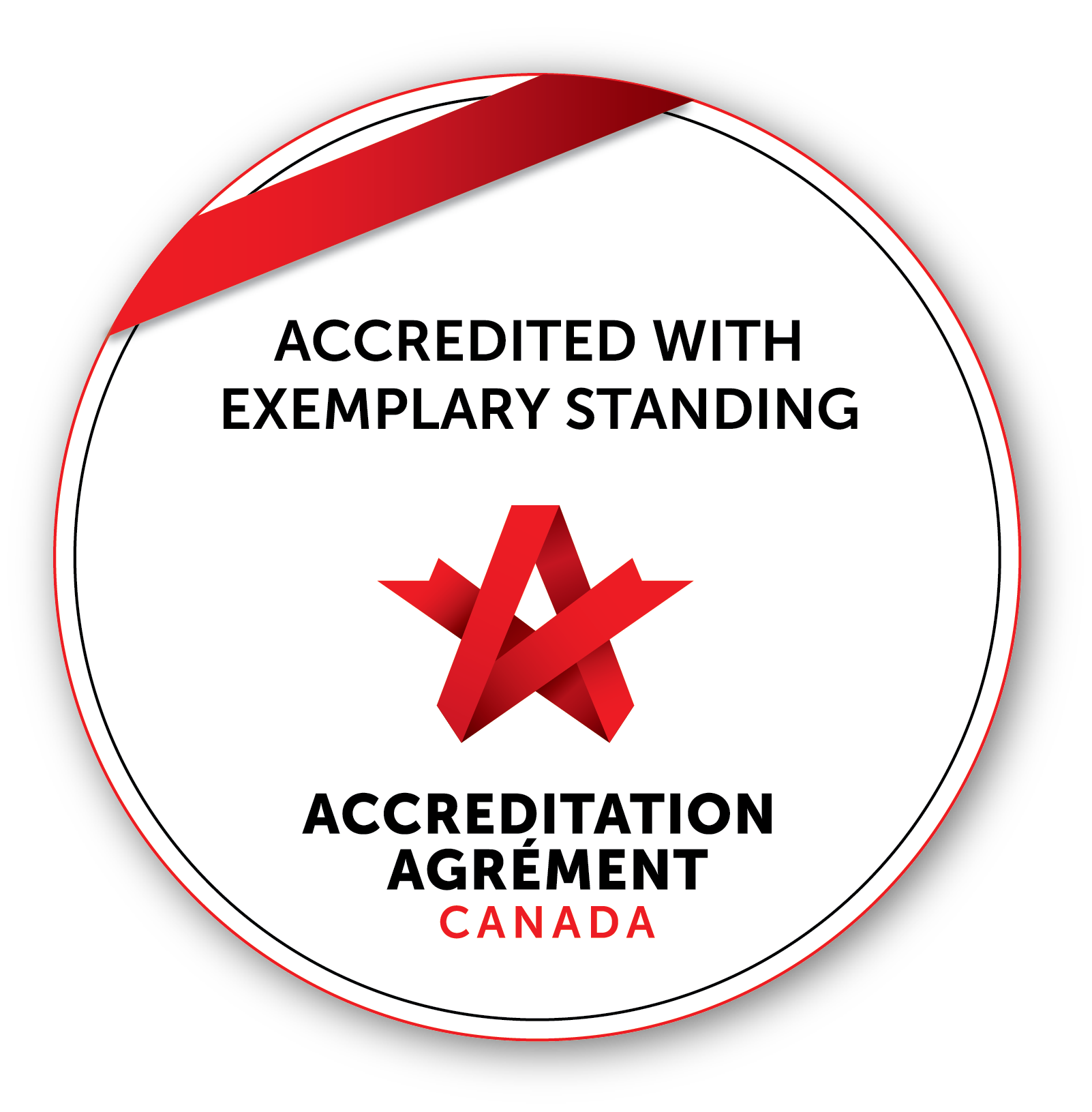· Remove all accessories, including jewelry, piercings, credit cards, phones, and metallic objects. A locker will be provided for your belongings.
· If applicable, bring extra transdermal patches or continuous glucose monitors to replace after the exam. Remove to avoid potential heating.
· Avoid wearing makeup, mascara, hair extensions, or clips. Hearing aids and metal dentures will need to be removed prior to MRI.
· You will be asked to change into a hospital gown and pants may be available.
· Leave valuables at home. HHCC is not responsible for personal belongings. A locker will be provided.
· Preparation varies depending on the type of MRI exam your doctor prescribed. Some tests may require fasting for six hours prior, while others require no special preparation.
· The MRI team will provide you with the appropriate preparation instructions.
· Follow the instructions provided to ensure the best imaging results.


 We are dedicated to safe, high-quality care, Headwaters is proudly accredited with Exemplary Standing.
We are dedicated to safe, high-quality care, Headwaters is proudly accredited with Exemplary Standing.